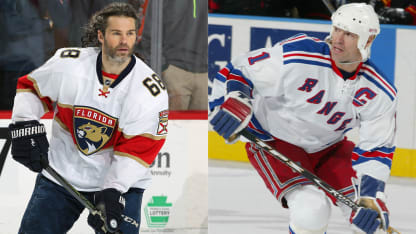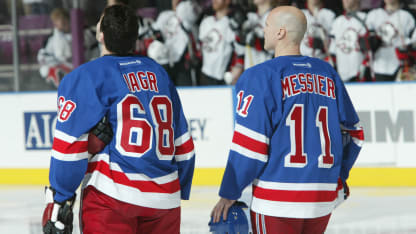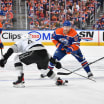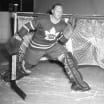Florida Panthers forward Jaromir Jagr scored NHL point No. 1,887 against the Buffalo Sabres on Tuesday, tying Mark Messier for second place on the League's all-time scoring list with three assists in a 4-3 shootout victory.
A closer look at the underlying numbers confirms Jagr's scoring achievements have eclipsed Messier's. Jagr's peak was greater than Messier's, whose NHL totals were boosted from having played in the high-scoring 1980s, with Jagr's numbers lower from having spent several seasons in other leagues.
Jaromir Jagr's prime more potent than Mark Messier's
Big seasons give Panthers forward edge in comparison with Hall of Famer


© B Bennett/Getty Images

















